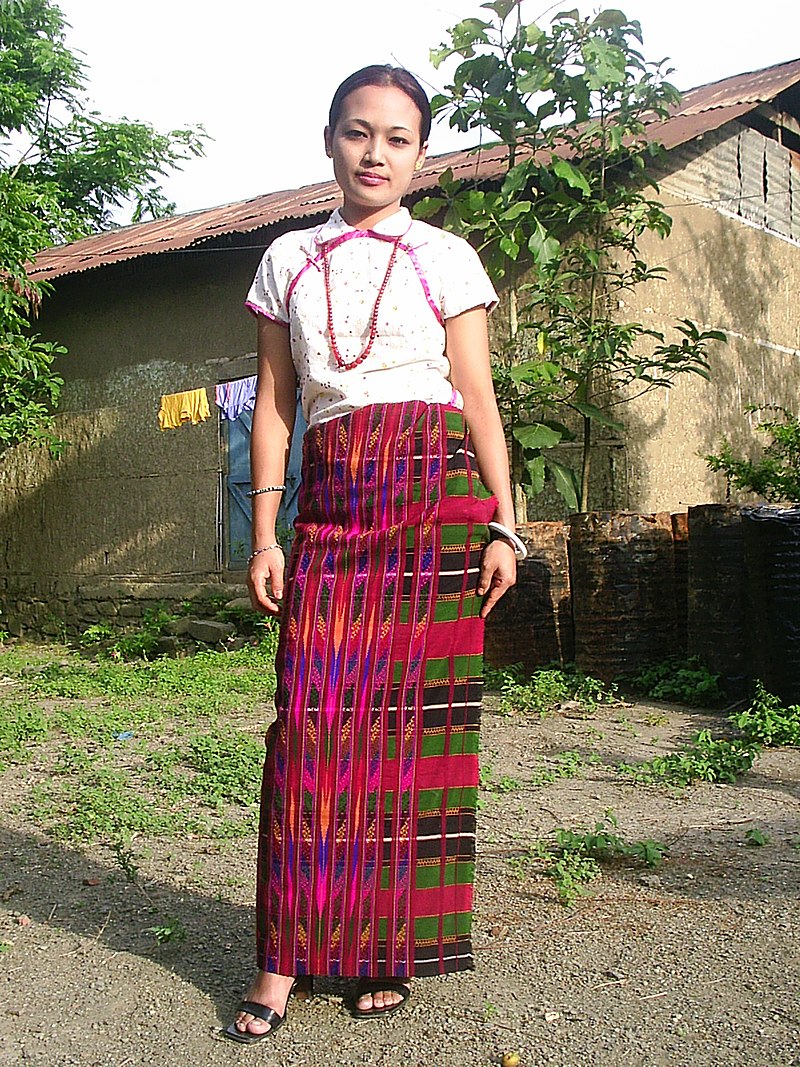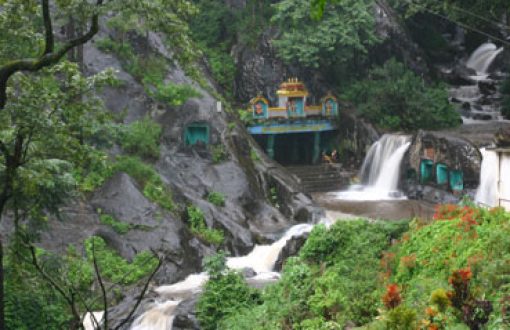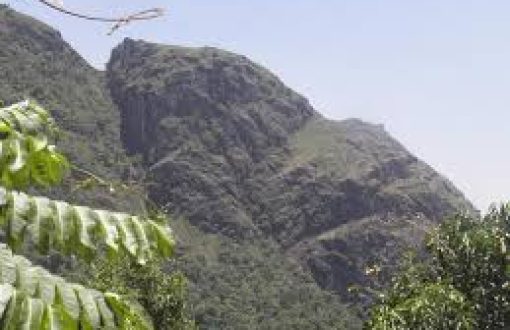The Resilient Kuki Zo Tribe: Culture, Traditions, and Identity

Introduction:
The Kuki Zo tribe, also known as the Zo people, is an indigenous community with a rich and diverse cultural heritage. Nestled in the northeastern region of India, Myanmar, and Bangladesh, this vibrant tribe has a history that spans centuries, marked by a strong sense of identity, resilience, and a commitment to preserving their unique traditions. In this article, we’ll delve into the fascinating world of the Kuki Zo tribe, exploring their culture, traditions, and the challenges they face in the modern world.
Origins and Geography:
The Kuki Zo tribe primarily resides in the hilly regions of Northeast India, Chin State in Myanmar, and Chittagong Hill Tracts in Bangladesh. Their homeland is characterized by lush green hills, dense forests, and a rugged terrain that has influenced their way of life for generations.
Cultural Riches:
- Language: The Kuki Zo people have their distinct languages, with variations among different subgroups. The Zo people primarily speak languages like Zomi, Thadou, and Hmar. These languages are essential components of their identity and culture.
- Traditional Attire: Traditional Kuki Zo attire is a vivid reflection of their culture. Men often wear garments like lungis, while women adorn themselves with colorful skirts and shawls, embroidered with intricate designs and patterns.
- Music and Dance: Music and dance play a pivotal role in Kuki Zo cultural expression. Their dances are characterized by rhythmic footwork and the use of traditional instruments like drums and gongs.
- Oral Tradition: The tribe has a rich oral tradition, with stories, legends, and folktales passed down through generations. These narratives are vital in preserving their history and values.
Agriculture and Livelihood:
The Kuki Zo people primarily practice subsistence agriculture, cultivating crops like rice, maize, and vegetables. Their agricultural practices are deeply intertwined with their cultural beliefs and rituals, emphasizing the importance of harmony with nature.
Challenges and Resilience:
Despite their rich cultural heritage, the Kuki Zo tribe faces several challenges in the modern world. Encroachment on their ancestral lands, displacement due to conflict, and the impact of globalization are among the issues they grapple with. However, the tribe has shown remarkable resilience in the face of these challenges, working to safeguard their identity and cultural traditions.
Conclusion:
The Kuki Zo tribe is a testament to the diversity and resilience of indigenous communities around the world. Their unique culture, traditions, and close relationship with their environment make them a vital part of the cultural tapestry of the region. As we celebrate their heritage, it’s important to support efforts that ensure the preservation of their traditions and the protection of their rights in an ever-changing world. The Kuki Zo tribe reminds us of the importance of respecting and celebrating the diverse cultures that enrich our global community.



